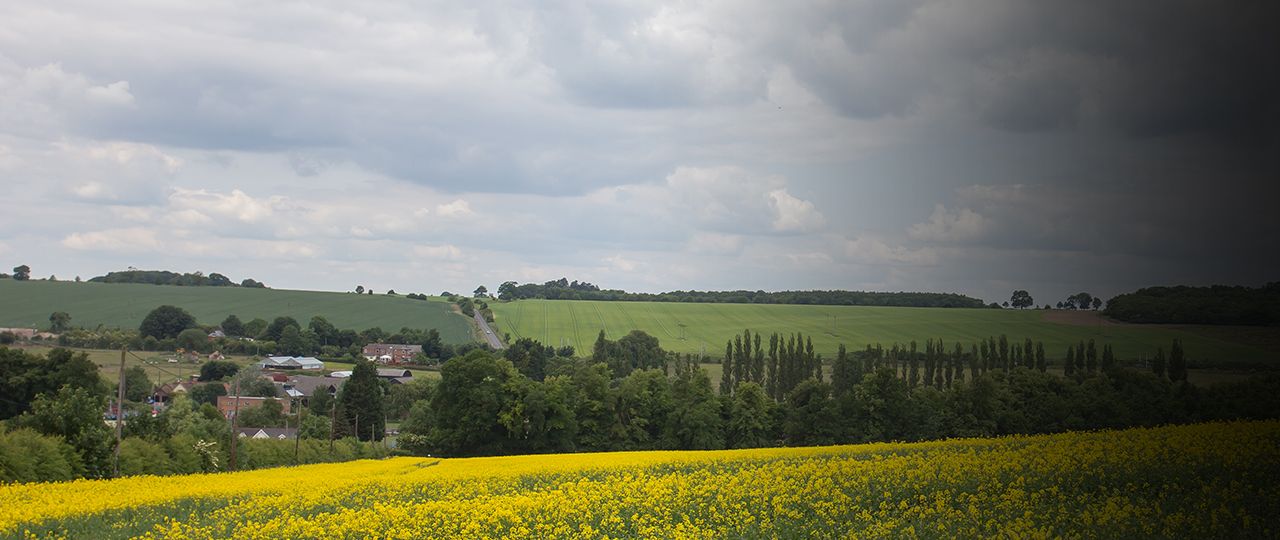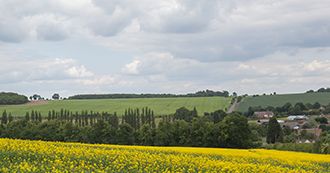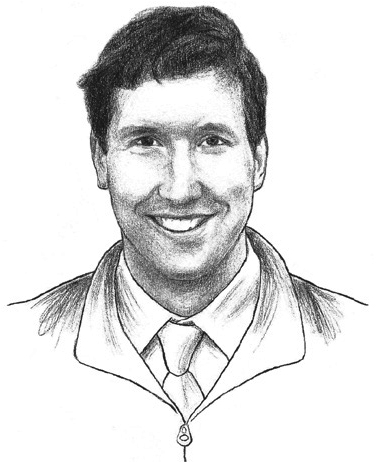
Thirty-five-year-old Edward Phillips is Director of the 1,200-acre Luton Hoo Estate in Bedfordshire and Vice-Chairman of the CLA’s Bedfordshire and Cambridgeshire branch.


You took over the running of your family estate as a 25-year-old with a politics degree and no background in estate management or farming. How did you find the experience?
My father died when I was a small boy, and the estate was run principally by my mother in the intervening period. She was keen to pass it on to someone who was a bit more engaged and happier to sit on a tractor than she was. It was a very steep learning curve for me. However, I wouldn’t necessarily change anything about the experience, and feel learning on-the-go was the best way to have done it. I’ve also been fortunate in that I’ve had a lot of very qualified people around me, giving me support and guidance.
Estate turnover has increased by around 50% since you took over. What’s this thanks to?
It’s been about knowing our strengths and understanding our weaknesses. As I’ve been learning, I’ve identified opportunities to make small changes and the more I’ve learned, the deeper I’ve been able to engage with some of the challenges we’ve faced. We’ve got a very strong team here too.
How has the estate’s approach to farming changed over the past decade?
These days, it’s very much about sustainability. In the past, we were farming very intensively, without necessarily having a long-term vision for the farm. When I came in, we took a step back, changed the rotation and reduced our dependency on chemical and fertiliser applications. We’ve now got more than 400ha in hand, with around 100ha of contract farming.
"Nowadays, the estate's focus is on sustainability"
Tell us about your diversification strategy.
We’ve diversified heavily, increasing our commercial space by about 20%, with 18 businesses now based on the estate. In addition, we’ve done a lot of work in terms of uplifting our residential portfolio – we’ve now got 50 residential units – and have brought in new enterprises, such as our wedding venue. The estate’s also regularly used as a film location.
How much importance do you place on planning?
It’s been absolutely vital for us. We’re looking forward five years in terms of our budgets, but also have an informal vision of where we want the estate to be in 20 years. Funders can buy into that more easily, and it’s helped us tackle projects we’ve wanted to progress.
What was the thinking behind the installation of a 250kW solar photovoltaic array on the estate? Do you think these projects still make good sense in the face of tariff cuts?
It comes back to our drive for sustainability. Despite changes to tariffs, there’s still a phenomenal opportunity there for estates. We have our own ring main, supplying energy to a number of our own properties and tenants. The project equates to the planting of something like 3,000 trees over the course of a year, with 100 tonnes of carbon offsetting. We think that’s very important in terms of our corporate and social responsibility plan.
Do you have any concerns over the impact of Brexit, both on your own business and the wider farming and estate community?
There are opportunities and challenges. The industry is resilient by nature, but I worry about it being able to react quickly enough. Organisations such as the CLA are going to be hugely useful in the next couple of years, because we’ll need voices and strong connections with civil service officers in Westminster who understand where we’re coming from. However, I’m sure we’ll survive. As I said to the estate staff after the Brexit vote, we’ve been farming here for over 120 years, we’ve seen wars, we’ve been out of Europe, we’ve been in Europe, and we’re now heading out again. We’ll crack on, do our best and hopefully be here in another 120 years wondering what the fuss was about.
